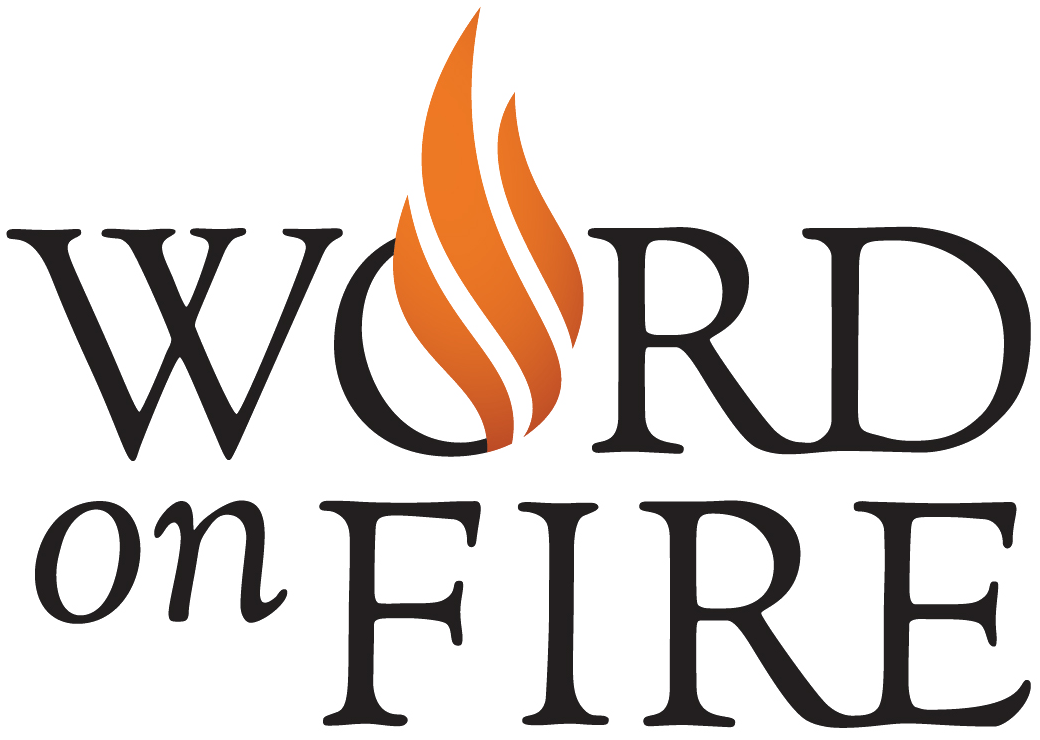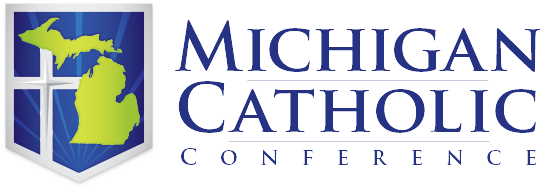Parishes have been asked to select a faithful, capable person to coordinate the synodal process throughout the diocese. What does the Synodal Coordinator do?
At the risk of being simplistic, the role of the parish coordinator is to gather as many people from the community as possible to discuss a few questions. The fine details in service of that goal include:
-
Organizing a parish synodal team
-
Collaborating with the parish synodal team to plan and execute the Synodal Consultation by:
-
Informing the parish community through educational and prayer resources about the synod (resources can be found at synod.va/en.html)
-
Identifying and inviting those who ought to participate in the consultation, mindful of the Holy Father’s expressed interest in those “on the margins”
-
Enlisting the participation of parishioners to serve as facilitators and scribes, as described in the excerpt from “Process for Facilitating Consultations” below
-
Planning and preparing the physical space for the gathering
-
Preparing refreshments for the gathering
-
Preparing the summary report to be sent to the Diocese
In addition to working with and within existing parish structures, scheduling your consultation to coincide with an existing parish event – say, a Lenten fish fry or soup supper, Stations of the Cross, etc. – can remove part of the planning burden, and provide the added benefit of including people who may not be regularly represented in the parish.
The excerpt below describes the process of facilitating a synodal consultation and may demystify the process for you and your prospective coordinators and other participants. (It will be helpful to read the document, “Process for Facilitating Synodal Consultations” in its entirety.) These details will be further discussed in the February training webinar, and coordinators are encouraged to call or email the Diocesan Contact, Andrew Moe.
From “Process for Facilitating Synodal Consultations,” pp. 8-11
Sample Content Outline for a Synodal Consultation
-
Gathering Prayer and Faith Sharing
-
Opening Song: All Are Welcome (or other appropriate hymn)
-
Word of God: Acts 2: 1-11, 14-19 (or other Scripture passage from the Synod Handbook or Preparatory Document)
-
Quiet reflection time: Experiences of the presence of Holy Spirit
-
Prayer to the Holy Spirit.
-
Short remarks (perhaps by video) by Bishop or Pastoral Leader What is this Synod on Synodality, and why is it important? It should pose the basic question: What should we do to improve our parish (or other ecclesial community, etc.)?
-
Explanation of the Purpose, Roles, and Process
Examination of the purpose
-
This synodal journey is a special time of prayer, listening, dialogue, and recommendations.”
-
This is your opportunity to respond to the request from Pope Francis to dream about the
-
Church we are called to be.
-
By gathering as a people of faith, we hope to weave new and deeper relationships, to learn from one another, to build bridges, to enlighten minds, to warm hearts, and to restore strength for our common mission.
-
By the end of our time together we aim to capture your answers to the basic question: What is the Holy Spirit saying to our Church today?
Explanation of the roles
-
Main Facilitator – for large group
-
Table Facilitator – for table groups
-
Main Scribe — reporting on the large group discussion
-
Table Scribe – reporting on table discussion
-
Feedback – commentary/questions from within the large group.
Explanation of the Process
-
Main facilitator explains the questions
-
Gather in small groups with the table facilitator and table scribe
-
Meaningful exchanges between participants about the questions
-
Regather in the large group to report back from small group discussions
-
Gathering of the feedback and summary
-
Conclusion and sending forth.
-
Focus the Consultation with Questions
The main facilitator explains that the guiding theme of the discussions is a synodal Church, a Church that “journeys together.” Participants should share their meaningful experiences (not opinions on each other’s experiences) of the local Catholic “journeying together” in ministry. For example, outreach to the poor and vulnerable, prayer and reflection together, liturgical celebration, RCIA experiences, conversion experiences, and faith sharing experiences.
The small group discussions should focus on specific questions. The diocese or parish may have provided questions for this exercise.1 The main facilitator introduces these questions and explains that one good approach is to focus on experiences.
Sample Focusing Questions
(Your diocese may be providing specific questions for your synodal consultations)
1. How is this “journeying together” to announce the Gospel happening today in our local parish, campus ministry, university, religious congregation?
2. Who else do we need to reach out to, listen to and learn from, or to include in our synodal consultations and in our faith community? Whose voices are currently not being heard? Who is absent from these discussions?
3. What do you think would make our parish (or ecclesial community) better?
4. What can each of us do and what can we do collectively to make it better?
5. “Synodality” asks us to be energetic and involved ambassadors of our faith through conscientious listening and sharing of insights to advance Jesus’ mission in the world. How do we see our parishioners becoming more aware of how much their faith and insights count — and need to be heard?
6. What steps does the Spirit invite us to take in order to grow in our journeying together?
-
Table Discussions
Participants should be assigned to diverse small groups of approximately five to eight members using a random method. Each group should have an assigned table facilitator and scribe who are also invited to enter the discussion. If possible, the group should be seated at a table together for the small group facilitated conversation.
The table facilitator reintroduces the questions and then invites each person to respond. The facilitator proposes the recalling of experiences method (described below) as a useful way to guide the discussion. Between 45 minutes to an hour should be dedicated to this process.
Using “Recalling of Our Experiences” Approach
1. Focus the recalling
-
What are our experiences of journeying together in communion, participation, mission (Synodality) in our local Church?
-
What joys did those experiences bring?
-
What difficulties and obstacles have we encountered?
-
What wounds did those experiences reveal?
-
What insights have those experiences elicited?
2. Gather the fruits to share
-
What paths forward are opening up for our local Church?
-
Where in these experiences does the voice of the Holy Spirit resound?
-
What are the areas for change for our Church and what steps can be taken?
-
Large Group Feedback
The smaller groups should be called back to a general consultation by the main facilitator. The scribe of each group should be asked to give a summary of the group’s conversation. After this is done, and depending on the time remaining, the main facilitator can invite individuals to give their personal feedback to the larger group. The main facilitator can suggest specific formats for feedback such as
-
After listening to my group, I am wondering…
-
The question that emerged for me from listening in my group was…
-
An interesting diversity of views that emerged in my group was…
Gathering of the feedback and summary
The main facilitator explains that the information from the groups will be combined into a report that will be sent to the diocese. Every effort will be made to faithfully report what was expressed (including any contentious or complex issues) so as to respect the trust and communion experienced during the time together.
-
Brief Evaluation
Participants should be asked to complete a brief evaluation of the process. It can be done before leaving the consultation or online immediately afterward. Evaluation questions should be limited to no more than 6 questions and could include:
-
How well has this consultation allowed you the opportunity to listen and share your own experience of Church?
-
What are your hopes for the Church as we “journey together” in terms of communion, participation and mission?
-
What practical suggestions do you have for your faith community to continue the synodal journey and be a more listening, discerning, and participatory Church?
-
Sending Forth Prayer
Sample:
Leader: Let us take a moment of quiet as we reflect on what we have done here today…
Reader: A reading from the Letter of St. James Jas 1:27
Dearest brothers and sisters: Humbly welcome the word that has been planted in you…[and] Be doers of the word and not hearers only.
Leader: Come Holy Spirit, we ask you, that by your inspiration, may all of our prayer and actions always begin from you and inspire others to know you more deeply. We ask this through Christ our Lord.
All: Amen
Leader: Let us go forth sharing a sign of peace.
After the Synodal Consultation
Reporting the fruits of your synodal consultations:
Reporting is both horizontal — reporting to the participants and community — and vertical — reporting to the diocese, the United States Conference of Catholic Bishops and to the Holy Father and Synod of Bishops in Rome. It would be helpful if the main facilitator could work with others to pull out some themes from the consultation and report that information back to participants, pastoral councils, pastoral staff, and the faith community as a whole. Table reporting is sent to the diocese for inclusion in the diocesan report using a standardized format or template provided by the diocese.2 If your diocese has not provided you with a template, please visit www.usccb.org/synod for a format you can use.






